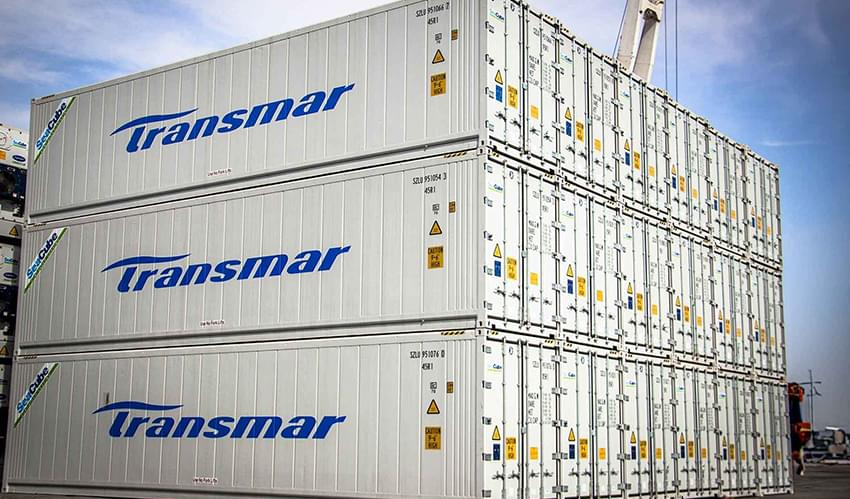
Fresh Produce: The Lifeline of Global Trade and Food Security
10 September, 2024The global fresh produce market is set to reach USD 1.5 tn by 2027.
Fresh produce — fruits, vegetables, and herbs — is a cornerstone of the global food supply chain, fueling food security, economic stability, and livelihoods. With health trends, a booming population, and evolving diets driving demand, maritime shipping has become pivotal in maintaining global food security. By transporting large volumes of fresh produce across continents, shipping ensures markets remain well-supplied year-round.
Boosted Demand for Fresh Produce
The global fresh produce market, valued at USD 1.1 tn in 2023, is set to reach USD 1.5 tn by 2027, growing at a CAGR of 8.2%. This underscores maritime shipping’s significance in global food security, transporting large volumes of fresh produce efficiently and ensuring consumers access throughout the year.
The Role of Maritime Transportation Maritime transportation handles about 70% of shipments, valued at over USD 770 bn in 2023. It offers a smart, budget-friendly solution for moving mass quantities over long distances. While air freight costs USD 1.50-USD 4.50 per kilogram, covering 10% of shipments, and inland freight handles 20%, sea transport offers unmatched scalability and savings. In 2024, the value of fresh produce shipped by sea is set to hit USD 850 bn, driven by technological advancements in shipping and logistics.
Egypt’s Fresh Produce Triumph
Egypt’s fresh produce exports shine, due to its favorable climate, fertile soil, and strategic location. As a major supplier to Europe and the GCC, Egypt serves as a hub for fresh produce exports. By the end of June 2024, Egypt exported 3.5 mn tons of fresh produce, valued at USD 2.1 bn, marking a 7% y-o-y increase. Key exports include potatoes, onions, garlic, oranges, grapes, and strawberries.
Initiatives to Enhance Export Processes
To bolster its export capabilities, Egypt has launched several initiatives:
- Cold Chain Infrastructure: Investing in the “National Program for the Development of the Cold Chain” to construct and upgrade cold storage facilities, reducing post-harvest losses
- Green Corridor Initiative: Streamlining the export process for fresh produce by fast-tracking customs clearance and providing logistical support, slashing clearance times by 30%.
- Export Standards and Certifications: Programs like “Egyptian Good Agricultural Practices (EGAP)” ensure produce meets international standards, gaining traction in Europe and the GCC.
- Dedicated Export Facilities: Expanding facilities at key ports, including a USD 30 mn perishable goods terminal at Alexandria Port, with a handling capacity of 200 k tons annually.
- Strategic Partnerships and Trade Agreements: Agreements like the “Egypt-EU Trade Agreement” and the “Egypt-GCC Free Trade Agreement” lower tariffs and streamline trade flows, boosting exports.
Transmar’s Impact on Trade Connectivity
Transmar boosts trade connectivity in the Red Sea region with reliable maritime services that help producers reach international markets. Their advanced logistics, featuring state-of-the-art refrigerated containers and optimized shipping routes, ensure produce remains fresh and the supply chain remains efficient and reliable.
Wrapping It Up
Fresh produce is vital for health, economic stability, and food security. Rising demand underscores the critical role of maritime shipping in global trade. Egypt’s success in fresh produce exports highlights the impact of strategic agricultural and efficient logistics. As a major export hub, Egypt benefits from robust logistics partners like Transmar, ensuring a steady supply of fresh produce to global markets.